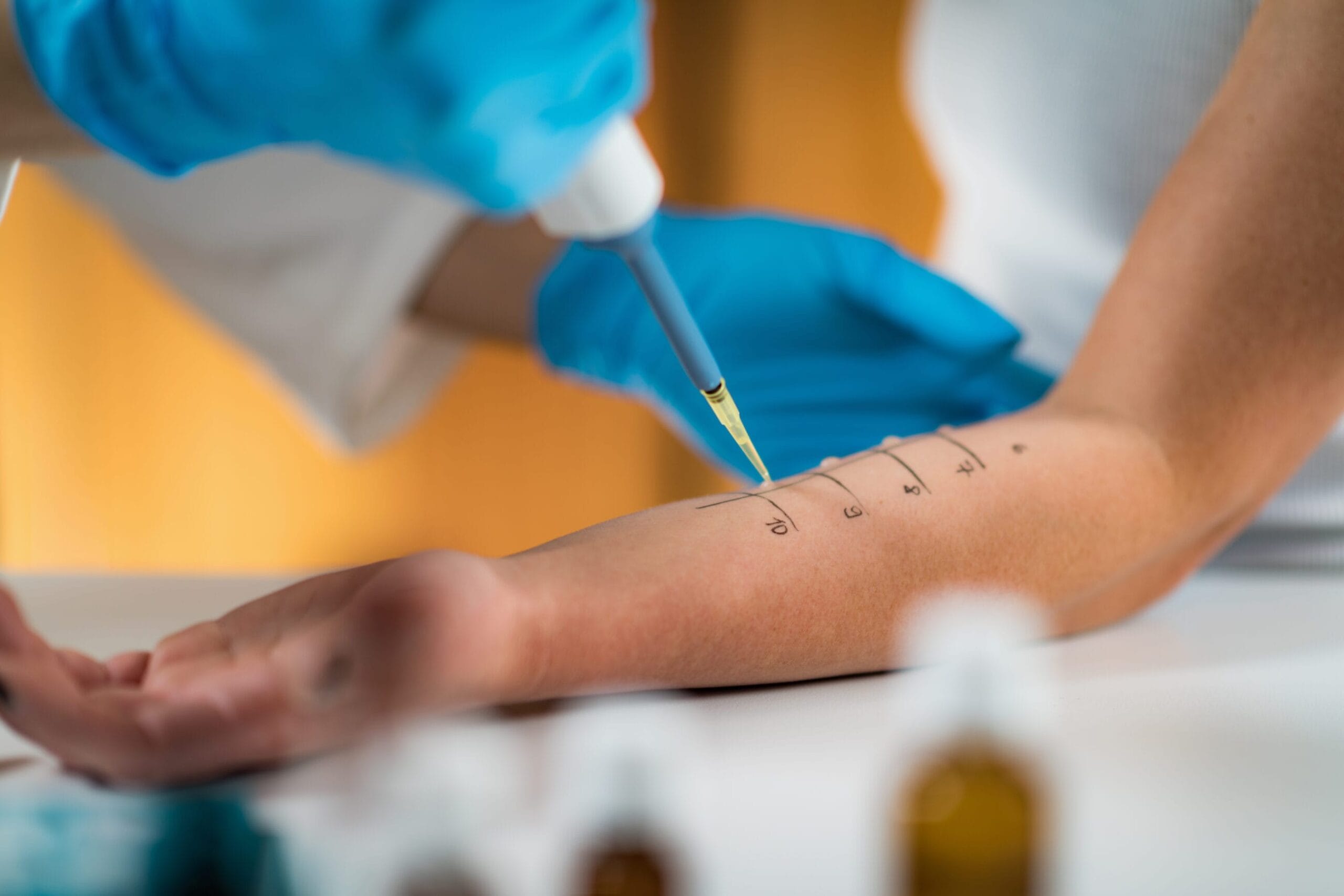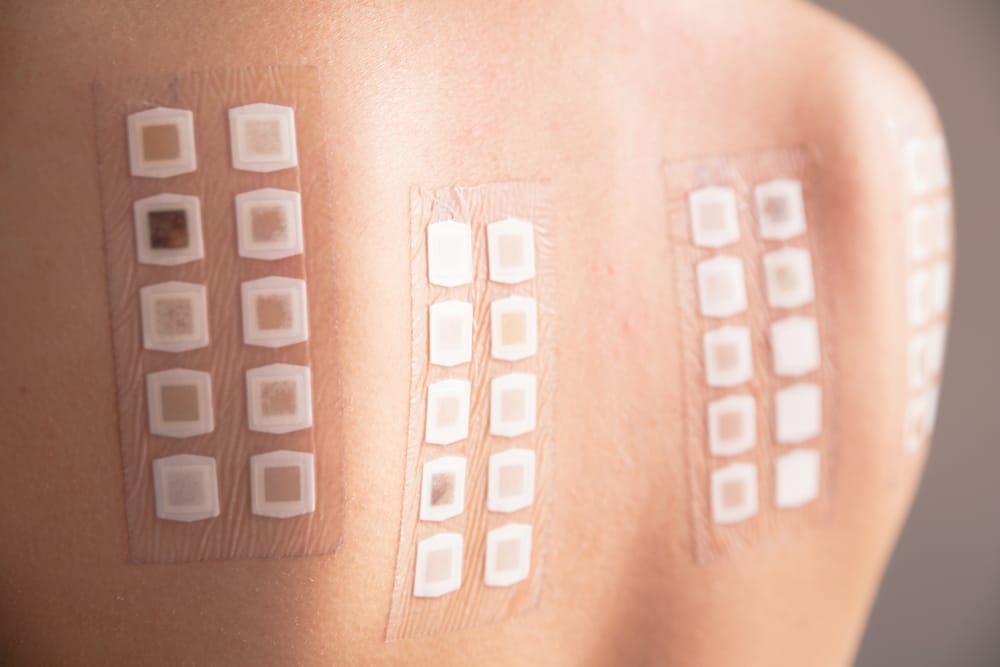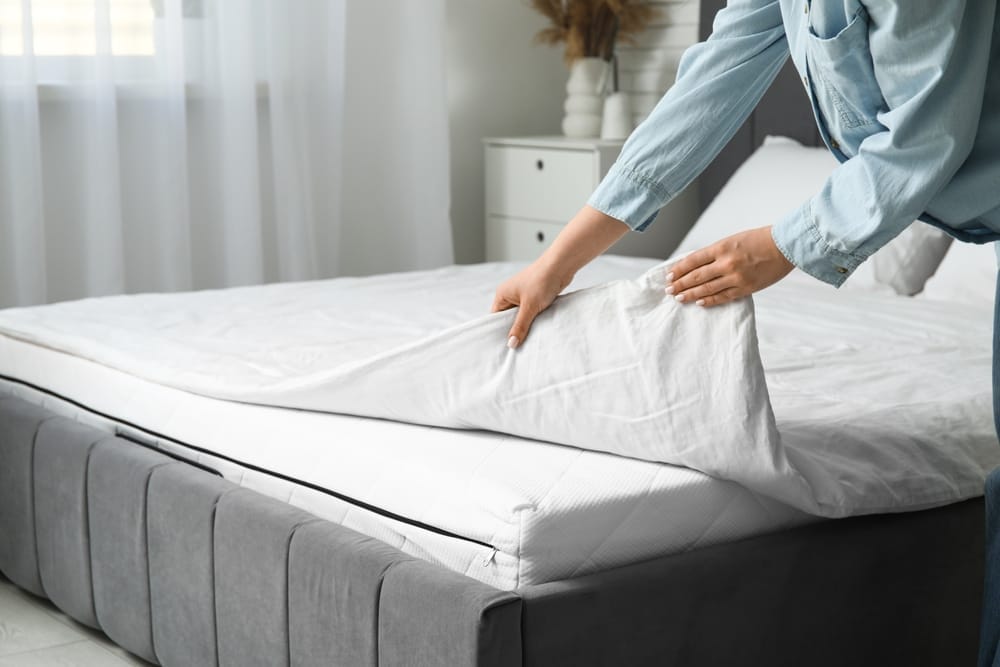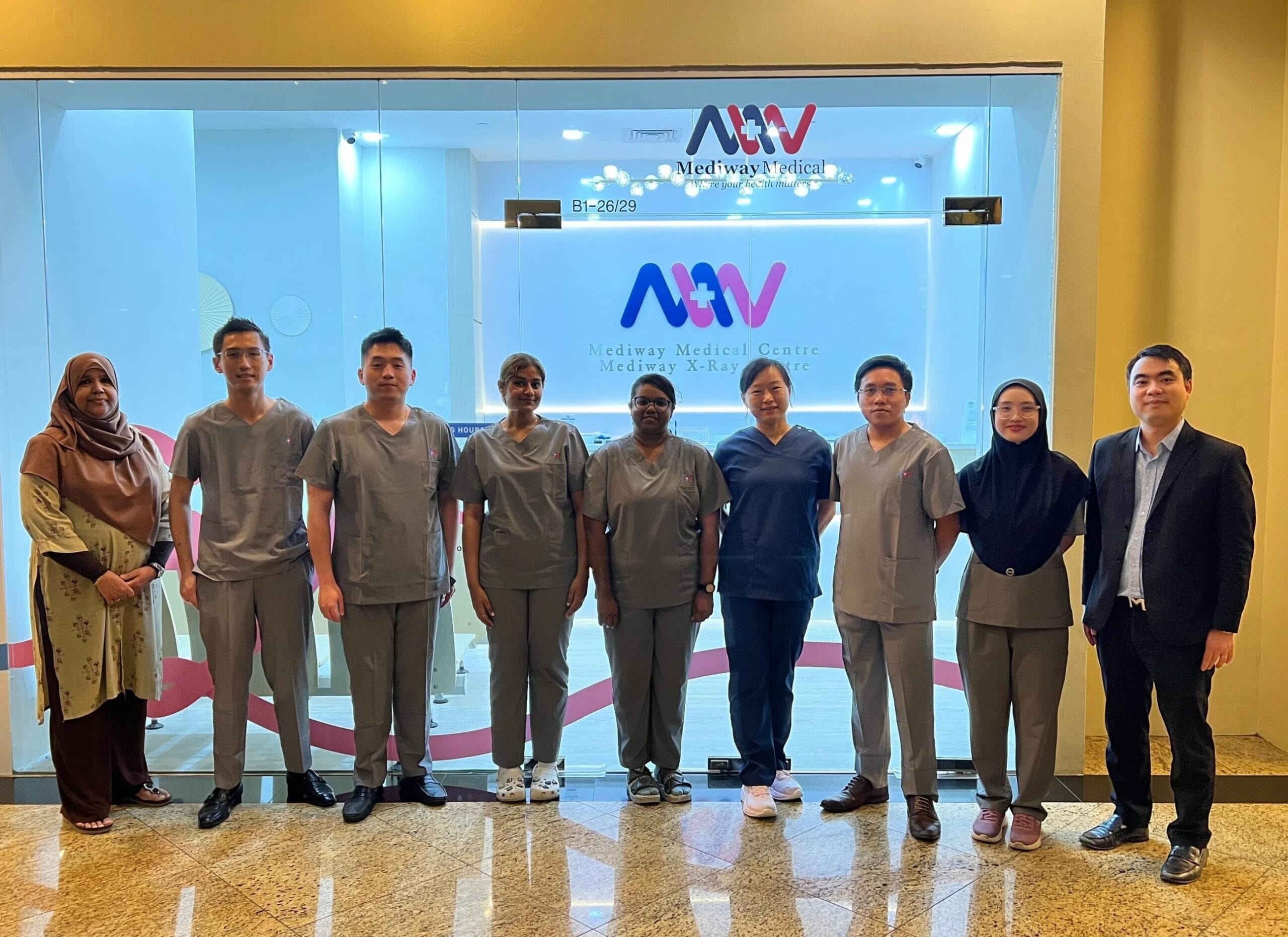Living in bustling Singapore comes with its own unique set of environmental challenges. For many, this includes environmental allergies, which can significantly impact daily life, whether it’s persistent sneeze fits in the middle of a meeting, itchy eyes during your weekend runs, or worsening allergy symptoms and asthma.
In some cases, food allergies may also play a role. However, understanding and addressing these triggers can help improve your quality of life—and that’s where environmental allergy testing steps in.
What Are Environmental Allergies?

Environmental allergies happen when your immune system overreacts to everyday substances, mistaking them as harmful. These allergens include dust mites, pet dander, pollen, and mold. For some, exposure to a common allergy triggers symptoms like:
- Sneezing or runny nose
- Itchy, watery eyes
- Skin irritations like eczema
- Breathing difficulties or allergic rhinitis
These symptoms can disrupt daily life and impact long-term health if ignored. Understanding and managing allergy triggers is key. Identifying triggers through allergy skin tests helps you adjust your environment and lifestyle to reduce exposure and ease reactions. Treatments like allergy medications and allergy shots can also help manage symptoms effectively. If it feels overwhelming, Singapore offers advanced, comprehensive allergy testing to help you take control.
Understanding Allergy Test Singapore
When it comes to diagnosing allergies, there are a few popular methods available in Singapore, each catering to different needs. Here’s a breakdown:
1. Skin Prick Testing

Skin prick tests are one of the most common and reliable methods for identifying environmental allergens. During the test, a small drop of potential allergens, such as dust mites, pet dander, or pollen, is placed on your forearm or back, and a tiny needle is used to allow minimal exposure. If a bump or redness develops, it indicates sensitivity to the specific allergen. The academy of allergy recommends this method for its accuracy in testing for allergic reactions.
- What it detects: Household allergens like dust mites or pet hair and outdoor allergens like pollen from tropical plants.
- Who it’s best for: Individuals who experience frequent itchy skin or breathing difficulties after being exposed to the allergen.
2. Blood Tests (IgE Testing)

Unlike skin tests, blood tests measure the levels of Immunoglobulin E (IgE)—an antibody your body produces in response to allergens. This method is especially useful for those with severe eczema or conditions that make skin testing unsuitable. You may need to stop taking over-the-counter allergy medication before undergoing this test.
- Benefits:
- Precise measurement of allergy severity.
- Safer for people with sensitive skin or certain medical conditions.
- This test takes place in clinics but can also be adapted for certain tests from the comfort of your home.
3. Other Diagnostic Tests

Additional testing methods include:
- Patch Tests for identifying allergens like mold or chemicals that lead to skin irritations such as dermatitis.
- Advanced diagnostic tools, which may be offered in specialized clinics, can further pinpoint less common allergens.
- Some tests may cause an allergic reaction during diagnosis, so these should always be conducted in controlled environments with medical supervision.
These tests are comprehensive yet straightforward, ensuring an accurate diagnosis to guide the next steps. Whether you’re testing for allergic reactions to specific triggers or seeking clarity on what causes discomfort, these methods help tackle the problem effectively.
What Are Common Environmental Allergy Triggers?
Each individual’s allergies are unique, but in Singapore’s humid and densely populated environment, there are some common culprits:

Indoor Triggers
- Dust Mites: Thriving in humid climates, dust mites are a significant allergy trigger. Small amounts of exposure can still cause reactions. Tip: Use dust-proof mattress covers and wash bedding frequently. Your doctor may recommend allergy tests to diagnose the sensitivity.
- Mold: Found in damp spots, mold can worsen respiratory symptoms, especially for those with an allergy to a particular type of mold. Ensure proper ventilation and fix leaks promptly. To reduce allergic reactions, consider using dehumidifiers.
- Pet Dander: Love your furry friend but hate the sneezes? Regular pet grooming and investing in air purifiers can help. If symptoms persist, a doctor may recommend medication or further allergy tests to diagnose specific triggers.
Outdoor Triggers
- Pollen: While Singapore doesn’t have traditional seasons, flowering plants can still release pollen year-round. Be mindful of hotspots like parks or gardens. Small amounts of exposure may still worsen symptoms for those sensitive to pollen.
- Environmental Pollutants: Smog and haze, often from regional forest fires, can worsen symptoms, especially for those prone to allergic rhinitis. To reduce allergic symptoms, wear masks or stay indoors during high pollution periods.
For more health information, consult a professional who may recommend strategies tailored to your needs.
Managing Environmental Allergy Treatment
Once you’ve identified your triggers, the next step is management. Here are actionable strategies to help you breathe easier:
1. Lifestyle Adjustments
- Invest in air purifiers and regularly clean air-conditioning filters.
- Keep your home clean and well-ventilated to minimize dust and mold buildup.
- Opt for allergy-friendly bedding and avoid heavy carpets that trap allergens.
2. Medication Options
- For immediate symptom relief, over-the-counter antihistamines and nasal sprays can help.
- Consider long-term treatment like allergy immunotherapy, which gradually reduces sensitivity to allergens.
3. Diet and Nutrition
- Boost your immune system with foods high in antioxidants, such as green leafy vegetables and fruits.
- Address any food-related cross-reactions linked to your environmental allergies, such as oral allergy syndrome.
4. Preventive Strategies
During haze season or high-pollen periods, wear a mask outdoors and keep windows closed. Additionally, monitor Singapore’s air quality index (AQI) using resources like air quality apps.
Choosing an Allergen Testing Provider in Singapore
Finding a reputable clinic is essential for ensuring an accurate diagnosis and receiving effective follow-up care for your health needs. When selecting a provider, it’s important to consider the following factors:

- Look for certified allergists or highly trained professionals with expertise in diagnosing and treating your specific condition. Experience and qualifications matter when it comes to reliable care.
- Ensure the clinic offers comprehensive testing options that can be tailored to your individual needs, allowing for a personalized approach to treatment.
- Seek transparency regarding costs, including upfront information about fees and whether your insurance will cover the services. This can help you avoid unexpected expenses and plan for your healthcare effectively.
Taking these steps can help you find a trusted clinic that prioritizes your health and well-being.
Why Choose Mediway Medical?
At Mediway Medical, we provide high-quality allergy testing services designed to give you clarity and control over your allergies.
Our comprehensive tests identify a wide range of allergens, helping you understand what’s triggering your symptoms.
With a patient-centered approach, our experienced team will guide you every step of the way, from accurate diagnosis to personalized management plans, ensuring you can manage your allergies effectively and improve your quality of life.
Take Control of Your Allergies Today
Navigating environmental allergies in Singapore can feel challenging, but early diagnosis and proactive management can transform your quality of life. If you’ve been dealing with itchy eyes, constant sneezing, or allergic rhinitis, I encourage you to take that first step and book an allergy test.
At Mediway Medical, we’re here to support you in your health journey—because your well-being truly matters. Together, we can identify triggers and develop a personalized plan for a healthier and more comfortable life.









